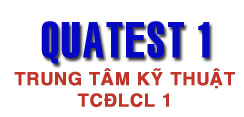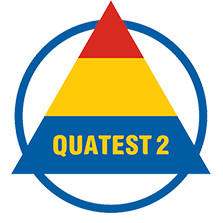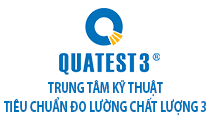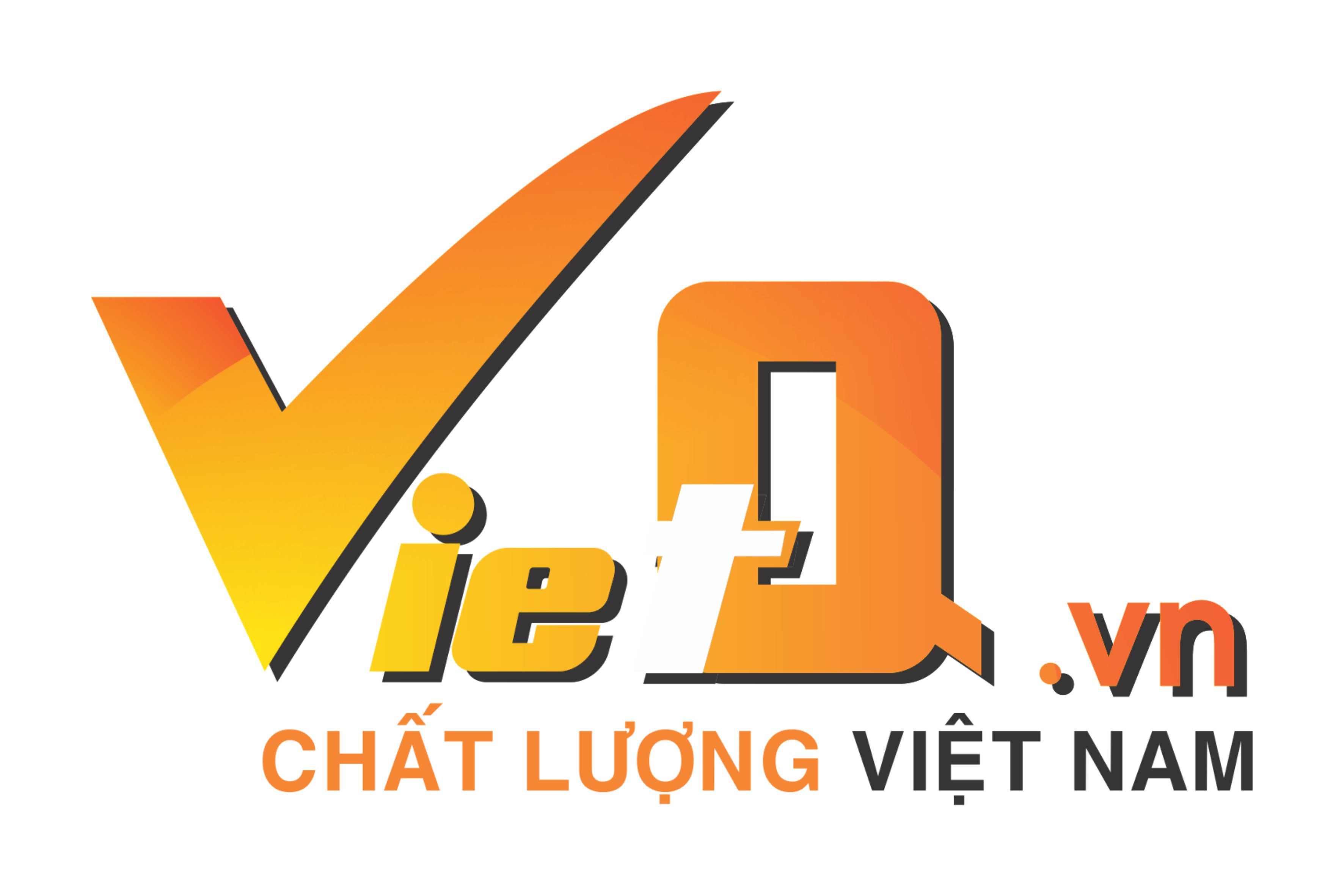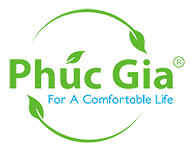Standards as Guidance, Metrology as Evaluation, Quality as Trust
Post date: Wednesday, Apr 2, 2025 | 9:54 - View count: 513
Standards, metrology, and quality must serve as levers to enhance the competitiveness and credibility of organizations and enterprises, rather than being perceived merely as compliance costs.
Philosophy of standards, metrology, and quality
Standards, metrology, and quality (SMQ) are inherently linked to the development, governance, and innovation perspectives of a nation. SMQ must be built upon the guiding ideologies of the Party and the State.
SMQ should be viewed as a tool to elevate competitiveness and establish reputation, not as a compliance cost.
Standards provide direction. They guide and pull enterprises forward and shape national development. Standards are not merely technical frameworks but must serve to orient technological, product, and market development. Where a country aims to go, standards must lead the way. Regulations are the minimum foundation and must be tailored to Vietnam’s context. Standards represent the pinnacle to strive toward and must be harmonized with international standards. Management must balance short- and long-term vision.
Metrology is for evaluation, decision-making, and substantiation. Due to cultural tendencies to rely on intuition rather than data in Asia, the State must play a pivotal role in early stages of metrological development. We must build a culture of data-driven decision-making – measure to decide, to improve. Metrology is for our own accurate decisions and quality enhancement, not for the State or as a compliance cost, but akin to research and development. A reliable, accessible metrology ecosystem must support decisions at all levels – from individuals, enterprises, to government – with the government leading. Every public policy must include measurable indicators and tools. Vietnamese businesses should have easy access to internationally standardized metrology, testing, and evaluation services at reasonable costs.
Quality creates trust. Quality encompasses both evaluation and implementation. It represents reputation, honor, and pride – a reflection of the cultural values of the Vietnamese people. Quality is the number one factor of competitiveness, essential to business survival, sustainable development, and consumer protection. Quality must be established from the initial stages of product formation and must strike a balance between mandatory and voluntary elements.
Throughout the following sections, “standards” or “standardization” implicitly refer to the triad of standards, metrology, and quality.
Core thinking on standardization
Standards are the technical foundation of socio-economic activities and an integral component of national institutional systems. Standards play a foundational and guiding role in industrialization, modernization, national governance, and governance capacity.
Standards are a crucial tool and driving force for scientific-technological development, innovation, and digital transformation. Conversely, these areas also foster standardization.
Standards support and promote high-tech innovation, high-quality development, modernization, and the national aspiration to become a developed nation.
A country should use standards to direct its development.
Standards must comprehensively cover all political, economic, cultural, social, and environmental fields and all industries.
Standardization must be state-oriented, market-driven, enterprise-centered, and socially participatory.
Transformation in standardization approaches: Transition from a state-led to a balanced state-market mechanism, expanding from industrial to economy-wide standardization, and shifting from quantity to quality.
Standardization must align with national strategic focuses, key Communist Party and State priorities, and societal concerns: high-quality double-digit growth, tech-based development, mastering strategic technologies, enhancing national competitiveness, improving quality of life, public sector streamlining, addressing urban density in Hanoi and Ho Chi Minh City, environmental pollution, nuclear power, green energy, governance capacity, and skilled workforce training.
Standardization must be practical – standards must be measurable and impactful. SMQ must view applicability as its goal and measure its contributions to national development, economic growth, competitiveness, and quality of life.
Output indicators and public measurement must accompany all policies.
Relationship between standards, metrology, and quality
Standards set requirements. Metrology collects relevant data. Quality evaluates and enforces compliance. An additional stage is quality improvement.
Viewed holistically, SMQ corresponds to the Plan-Do-Check-Act cycle: Plan = standards; Do = product/service creation; Check = metrology and evaluation; Act = quality management (monitoring, correction, improvement). This cyclical model ensures continuous improvement. Without this mindset, SMQ remains fragmented.
Metrology: Of the three components, metrology is the weakest. Infrastructure for metrology, testing, and verification is inadequate, especially locally. Metrology for policy evaluation is also weak, lacking reliable data. Third-party evaluations and social trust in results are minimal. Enterprises rarely use metrology to assess their products, relying instead on subjective impressions. To address this, indicators must be intuitive and relatable. For instance, average waiting time for medical consultation is more tangible than abstract service quality. Metrology must be integrated into processes to be indispensable. Quality must be publicly declared through measurable data. Communication about metrology must emphasize improvement, not compliance or administration—it is akin to R&D.
Quality: Beyond conformity assessment, quality also involves compliance enforcement. Quality is closely tied to consumers. The Law on Quality must prioritize consumer protection. Enterprises must provide clear compensation mechanisms. Consider class action lawsuits for severe violations. A consumer protection fund should be considered.
Quality management entails control. Oversight must be tightened, particularly on imports, e-commerce, substandard, counterfeit goods. Government must invest in a stronger monitoring system, especially for high-risk products such as food and pharmaceuticals. E-commerce platforms must be accountable for product quality.
Penalties must be stricter to deter violations—hefty fines, criminal charges, and business license revocation for repeat offenders. A blacklist of violators should be made public.
Businesses – especially SMEs and exporters – must be supported in complying with quality standards. Support includes certifications, inspections, financial aid, tax incentives, and subsidies for obtaining international standards (e.g., ISO, JIS).
Quality refers not only to products and goods but also services and national governance
Objectives of standards
Double the level of standardization. Reduce national standard formulation to under 12 months. Further accelerate international harmonization.
Increase openness: raise international standard harmonization from 60% to 80%.
Standards and science, technology, innovation, and digital transformation
Standardization must support strategic technologies and emerging fields: AI, quantum computing, biotechnology, IT, big data, blockchain, healthcare, new energy, high-speed rail, nuclear energy, robotics, EVs, autonomous vehicles.
Enhance standard quality through technological innovation. Consider standards a subfield of Science, Technology & Innovation (STI) and digital transformation. Increase investment in standardization technology and platforms.
Establish mechanisms to convert STI outcomes into standards. Promote standards in technology management and assessment services.
Standardization priorities
Industry: standards for components, processes, base materials, core technologies. Support new products, models, sectors. Strengthen supply chains and competitiveness. Improve infrastructure quality.
Digital development: standards for digital public services, smart villages, digital communes, smart cities, smart traffic, smart operations, and data.
Innovation: standards for technology innovation, frontier technologies, incubators, innovation funds, venture capital.
Science and technology: standards for Science & Technology (S&T) organizations and activities.
Green growth: standards for carbon neutrality, environmental/ecosystem protection, sustainable production, and green consumption.
Rural-urban development and society: standards for rural modernization, new urban models, public safety, public services, and living standards.
National governance: standards for governance and policy-making.

“Standards are part of science, technology, innovation, and digital transformation.” – Minister Nguyễn Mạnh Hùng
Standardization reform
Optimize balance between state and market, mandatory and voluntary, sectoral and local inputs. Promote mutual recognition between state and market standards. Establish appropriate structures for each period.
Encourage and guide enterprises to develop standards. Issue standards for internal standard-setting procedures.
Integrate standards with national metrology and quality infrastructure. Promote everyday application—public procurement, standard-form contracts.
Digitize all standardization activities for speed, transparency, and oversight.
Integrate standards into ministry sectors: research, innovation, entrepreneurship, IP protection, telecoms, digital transformation, digital industry.
Standardization infrastructure

Enhance technical support – national labs, standard libraries.
Develop the SMQ service industry – standards, metrology, certification, testing. Professional ethics must be prioritized. Expand state training programs and attract high-quality talent. Transform the sector into a high-end service industry.
Foster a social environment favorable to standardization. Celebrate World Standards Day as a national event. Promote a culture of SMQ.
Enhance financial, human resource, and recognition support. Use public funding as guidance but encourage socialization. Fund SMQ from science, innovation, and digital transformation budgets.
Complete the measuring and evaluating system, increase output efficiency, statistics, and surveying of standardization activities
To manage, there must be measure and evaluation systems. There must be data on the standards sector. In April 2025, a set of criteria must be issued to evaluate the effectiveness of standards activities. Conduct measurement, evaluation, and publicize the results.
Establish a database and statistics system.
Legislate online connections and reporting. Use AI for analysis and alerts.
Ensure annual survey budgets. Institutionalize surveys as routine operations.
This article is machine-translated from the speech of Minister of Science and Technology Nguyen Manh Hung at the working session between the Minister, the leadership of the Ministry of Science and Technology, and the Commission for the Standards, Metrology and Quality of Viet Nam on March 28.














